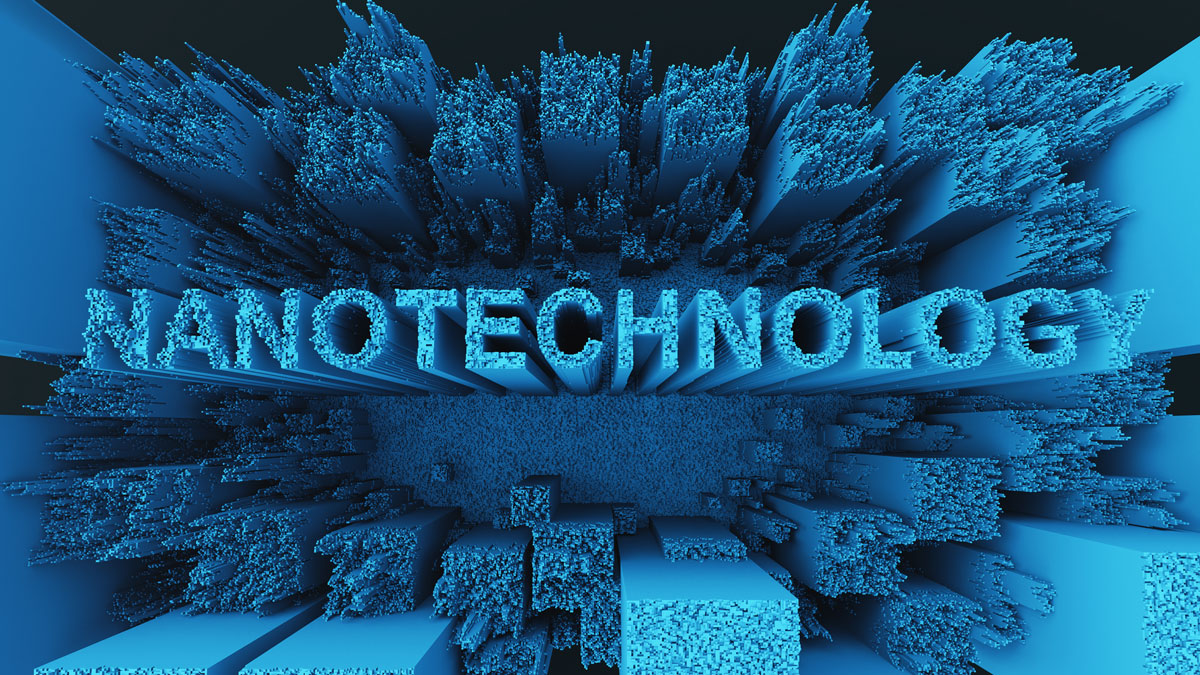
2025 IEEE NTC TC10 Modeling and Simulation May Webinar
Date: May 20th, 2025
Time: 11:00AM Eastern Daylight Time (Montreal)
Title: Technology Computer-Aided Design and Ab Initio Simulations of Quantum-Technology Hardware
Speaker: Félix Beaudoin, Ph.D., Chief Executive Officer, Nanoacademic Technologies Inc.
Organizer: TC10 mentee member, Luiz Felipe Aguinsky
Register below to receive meeting link.
Abstract:
Quantum technologies are poised to revolutionize sensing, cryptography, and computing by leveraging the deepest quantum-mechanical effects such as quantum superposition and entanglement. However, quantum advantage relies upon quantum hardware such as superconducting qubits or spin qubits in semiconductors, which suffers from several defects and imperfections that may lead to decoherence. In addition, quantum-hardware design, prototyping, and characterization workflows that do not leverage mature and predictive technology computer-aided design (TCAD) simulation software often rely on excessive trial and error with real-world devices. This approach incurs high manufacturing and personnel cost and may even result in quantum devices that fail to meet performance requirements.
In this webinar, we describe how Nanoacademic Technologies’ ab initio (RESCU, NanoDCAL) and quantum TCAD (QTCAD®) software can be used for atomistic and TCAD modeling of quantum devices, akin to simulation and design workflows employed for standard semiconductor devices and materials. We will show how recent functional and performance advances in the QTCAD® software led to the demonstration of quantitatively predictive simulations of spin qubits in semiconductor gated quantum dots. In addition, we will describe how combining QTCAD® features with the large-scale density functional theory (DFT) software RESCU enabled calculating the addition energy of a single-phosphorus-donor spin qubit in silicon completely from first principles for a system containing more than 10,000 atoms. Finally, future applications of QTCAD®, RESCU, and NanoDCAL for superconducting-qubit device and materials modeling will be explored.
Bio:





